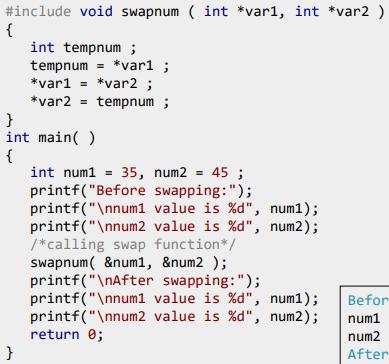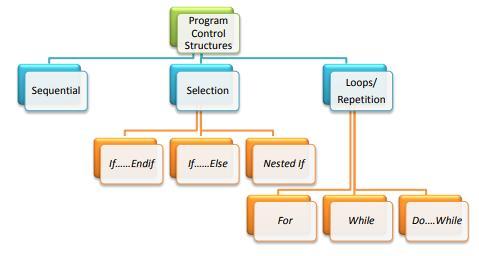
3 minute read
5.1 FUNCTION
5.1 FUNCTION
A function is a block of code that performs a particular task. There are times when we need to
Advertisement
write a particular block of code for more than once in our program. This may lead to
bugs and irritation for the programmer. C language provides an approach in which you need to declare and define a group of statements once and that can be called and used whenever required. This saves both time and space. C functions can be classified into two categories; predefined functions and user-defined functions.
5.1.1 Category of Function
Already have a definition in header files (.h files like stdio.h), so we just call them whenever there is a need to use them. Example: puts(), gets(), printf(), scanf()
To improve the reusability of the code.
Debugging of the code would be easier if you use functions, as error are easy to be traced.
Reduces the size of the code, duplicate set of statements are replaced by function calls.

PRE-DEFINED FUNCTION
• User customize functions • Made for code reusability and for saving time and space.

USER-DEFINED FUNCTION
5.1.2 Objectives of The Function
5.1.3 Syntax of The Function
return_type function_name (argument list) {
Set of statements – Block of code

Figure 5.0: Syntax of the Function
return_type: Return type can be of any data type such as int, double, char, void, short etc. function_name: It can be anything, however it is advised to have a meaningful name for the functions so that it would be easy to understand the purpose of function just by seeing it’s name.
argument list: Argument list contains variables names along with their data types. These arguments are kind of inputs for the function. For example – A function which is used to add two integer variables, will be having two integer argument. Block of code: Set of C statements, which will be executed whenever a call will be made to the function.
5.1.4 Creating a User-Defined Function
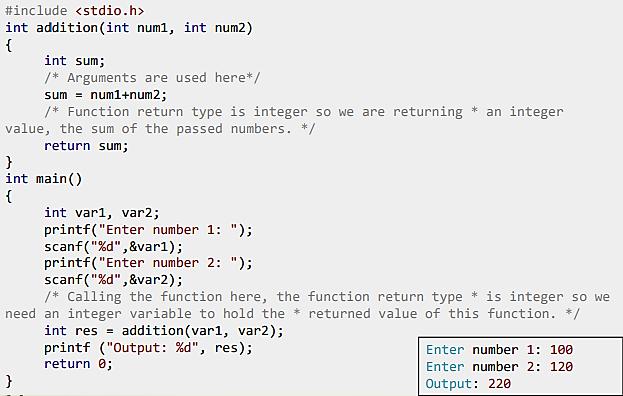
Figure 5.1: Example of Creating a User-Defined Function Program

“Notes regarding functions in C: 1. main() in C program is also a function. 2. Each C program must have at least one function, which is main(). 3. There is no limit on number of functions; A C program can have any number of functions. 4. A function can call itself and it is known as “Recursion“.”
5.1.4 More Functions in C
Function – Call by value method
Function – Call by reference method
Address of actual arguments (or parameters) is passed to the formal parameters, which means any operation performed on formal parameters affects the value of actual parameters.
Figure 5.2: Types of Function
5.1.5 Function Call by Value
When we pass the actual parameters while calling a function then this is known as function call by value. In this case the values of actual parameters are copied to the formal parameters. Thus, operations performed on the formal parameters don’t reflect in the actual parameters. In the call by value, the actual arguments are copied to the formal arguments, hence any operation performed by function on arguments doesn’t affect actual parameters.
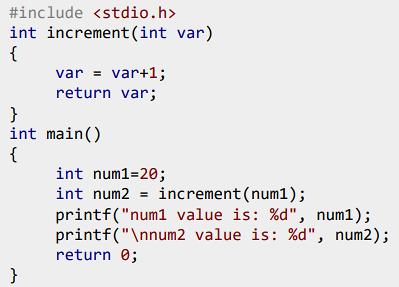

Figure 5.3: Example of Function Call by Value Program
5.1.6 Function Call by Reference
When we call a function by passing the addresses of actual parameters then this way of calling the function is known as call by reference. In call by reference, the operation performed on formal parameters, affects the value of actual parameters because all the operations performed on the value stored in the address of actual parameters.
Figure 5.4: Example of Function Call by Reference Program
